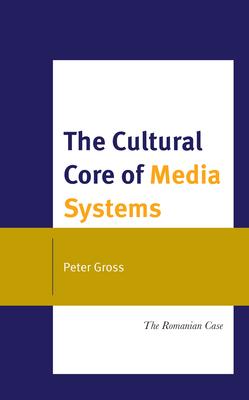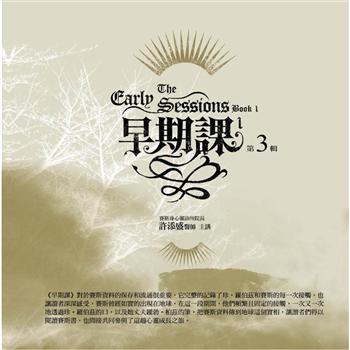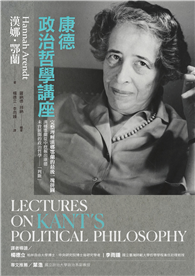This book offers an alternative perspective to the reigning socio-political and economic approaches to evaluating media systems and why and how they function. Peter Gross outlines a cultural model, a "kaleidoscopic cultural prism," for assessing the nature and functioning of these systems. By testing this model in one Eastern European country, Romania, Gross contributes to existing scholarship on media theory, media and transformation, East and Central European media, Romanian media, and East and Central European transformations in general. Awareness of the inherent negatives in the cultural bricolage accumulated over the centuries while Romanians lived under physical, administrative, and ideological dominance of various empires is increasingly sown among the new generations. This reality makes a culture-driven understanding of Romania’s media system even more urgent and meaningful for comprehending the evolving transformation. Scholars of communication, media studies, and Eastern European studies will find this book of particular interest.
| FindBook |
有 1 項符合
The Cultural Core of Media Systems: The Romanian Case的圖書 |
 |
The Cultural Core of Media Systems: The Romanian Case 作者:Gross 出版社:Lexington Books 出版日期:2023-06-12 語言:英文 規格:精裝 / 180頁 / 普通級/ 初版 |
| 圖書館借閱 |
| 國家圖書館 | 全國圖書書目資訊網 | 國立公共資訊圖書館 | 電子書服務平台 | MetaCat 跨館整合查詢 |
| 臺北市立圖書館 | 新北市立圖書館 | 基隆市公共圖書館 | 桃園市立圖書館 | 新竹縣公共圖書館 |
| 苗栗縣立圖書館 | 臺中市立圖書館 | 彰化縣公共圖書館 | 南投縣文化局 | 雲林縣公共圖書館 |
| 嘉義縣圖書館 | 臺南市立圖書館 | 高雄市立圖書館 | 屏東縣公共圖書館 | 宜蘭縣公共圖書館 |
| 花蓮縣文化局 | 臺東縣文化處 |
|
|
圖書介紹 - 資料來源:博客來 評分:
圖書名稱:The Cultural Core of Media Systems: The Romanian Case
|









